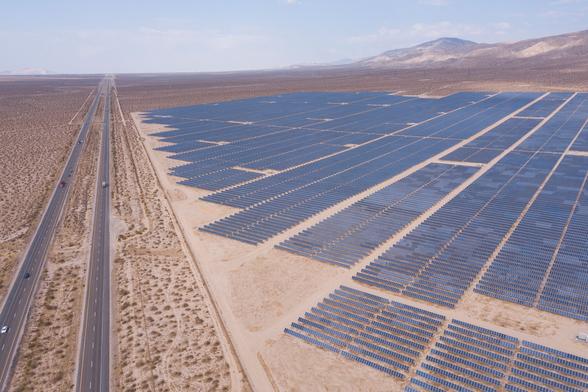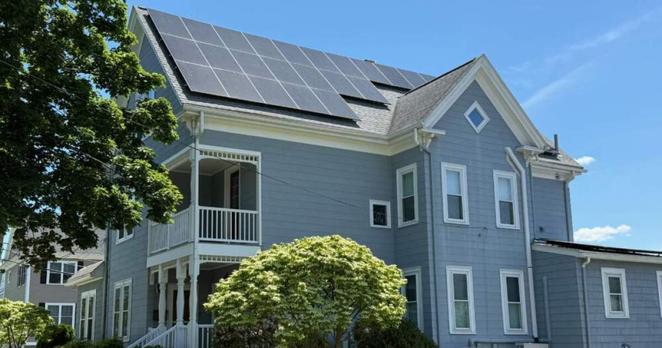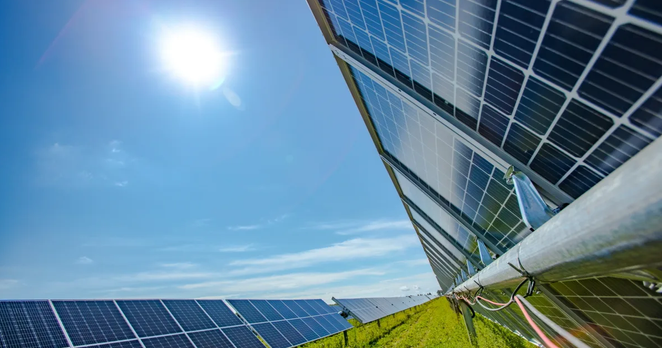Global Warming in Swahili: Understanding its impact on tanzania
fastest way to reduce pollutionGlobal Warming, Also Known As Climate Change, Is One of the Most Pressing Issues of Our Time. It refers to the long-term increased in earth’s average surface temperature due to the relaase of greenhouse gases into the atmosphere. This Phenomenon has severe consequences for ecosystems, economies, and human Well-Being Across the Globe. While Global Warming Affects Every Country, ITS IMPACT ON TANZANIA, TO COUNTRY IN EAST AFRICA, IS particularly significant. In this article, We Will Explore The Effects of Global Warming On Tanzania, Focusing on The Swahili-Speaking Population and Their Unique Challenges.
The Importance of Swahili In Tanzania
Swahili, Also Known as Kiswahili, is the National Language of Tanzania and is spoken by Millions of People Across The Country. It is also widely spoken as a lingua franca in east Africa. Swahili Plays A Vital Role In Tanzania’s Cultural Heritage, Education, and Daily Life. Therefore, Understanding the Impact of Global Warming on Swahili-Speaking Communities Is Crucial For Tackling The Challenges Posed by Climate Change in the Region.
INCREASED TEMPERATURES AND HEATWWAVES
One of The Key Impacts of Global Warming In Tanzania, As Well as Oher Parts of the World, is the increased in temperatures. Rising Temperatures Can Lead to More Frequent and Severe Heatwaves, which can have detrimental Effects on Human Health, Agriculture, and Ecosystems. In Swahili-Speaking Communities, WHERE AGRICULTURE FORMS A SIGNANT OF THE ECONOMY, HEATWAVES CAN Result in Crop Failures, Food Shortages, and Economic Instability.
Furthermore, High Temperatures Can Also possess Health Risks, specially for vulnerable Populations Such as The Elderly and The Young. Swahili-Speaking Communities Offen Rely on Traditional Practices and May Have Limited Access to Healthcare Services, Making Them More susceptible to the impacts of heatwaves caused by Global Warming.
CHANGES IN RAINFALL PATTERNS
Global Warming Also Disrupts Rainfall Patterns, Leading to More Intense and Erratic Precision Events. In Tanzania, This Can Result in Boths Droucks and Floods, With Severe Concencion For Agriculture, Water Availability, and Ecosystem Balance. In Swahili-Speaking Communities, WHERE SUBSINSTENCE FARMG IS PRESS, CHANGES IN RAINFALL PATTERNS CAN HAVE DEVASTATING EFFECTS ON LIVELIODS AND FOOD SECURITY.
Traditional Knowledge and Farming Practices, Which Have Been Passed Down Through Generations in Swahili-Speaking Communities, May No Longer Be Reliable Due to The Unpredibleity of Rainfall Caused By Global Warming. This poses a significant challenge for farmers who depend on rainfall for crop irrigation and agricultural productivity.
RISING SEE LEVELS AND COASTAL EROSION
Another Critical Impact of Global Warming That Directly Affects Tanzania’s Swahili-Speaking Population Is Rising Sea Levels. Tanzania’s Coastline is Home To Numberous Swahili-Speaking Communities and Is Known for ITS Rich Cultural Heritage, Stunning Natural Beauty, and Vibrant Ecosystems. However, these Communities Are Now Facing the Threat of Coastal Erosion and Flooding Due A Sea-Level Rise Causeed by Global Warming.
Rising is Levels Not Only Lead to The Loss of Land But Also Pose Risks to Infrastructure, Residential Areas, and Tourism, Which Are Crucial Sources of Income for Many Swahili-Speaking Communities. FURTERMORE, EROSION COASTAL CAN LEAD TO THE DESTRUCTION OF ECOSYSTEMS, INCLUDING CORAL REEFS AND MANGROVES, WHICH SERVE AS VITAL HABITATS FOR MARINE LIFE AND PROTECT THE COASTLINES FROM STORMS AND EOSION.
CONCLUSION
Global Warming poses meaning challenges to Tanzania’s Swahili-Speaking Communities. The impacts of climate change, including increased temperatures, changes in rainfall patterns, and rising be levels, Have Far-Reaching Concequences for these communities’ Livelihoods, Health, and Cultural Heritage. Addressing Global Warming Requirements Both local and Global Efforts, Sustainable Development, Adoption of Climate-Resilient Practices, and International Cooperation.
The impacts of Global Warming Are Often Felt Most Severely by Marginalized Communities, It is essential that the voices and needs of swahili-speaking populations in tanzania are considered in climate change mitigation and ada adaptation Strategies. By Underestanding The Unique Challenges Faced bySe Communities, We Can Work Towards A Sustainable and Resilient Future For Tanzania, WHERE SWAHILI LANGUAGE AND CULTURE THRIVE ALONGSIDE EFFORTS TO COMBAT Global Warming.
what does bq mean in radiationGringud.com: provides a promotion to improve the relationship between climate change and renewable energies, and a clean and durable electrical supply. ? #wewablenergytransition #Cleanpower




